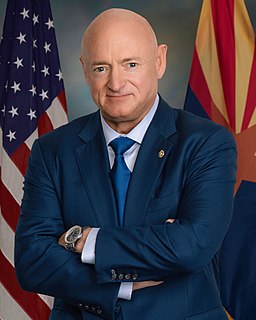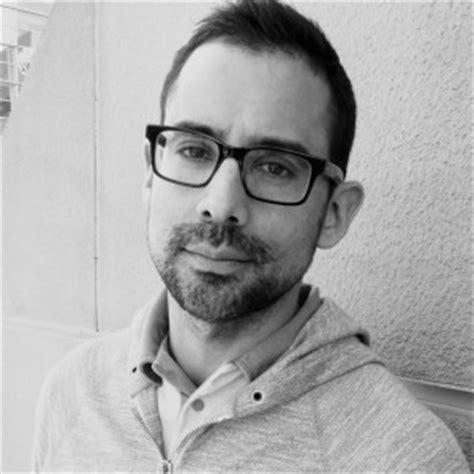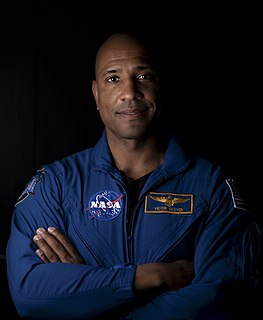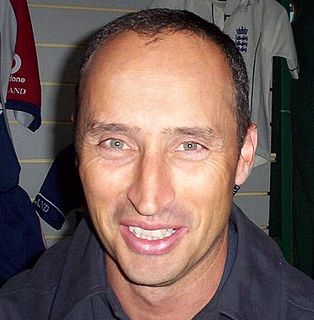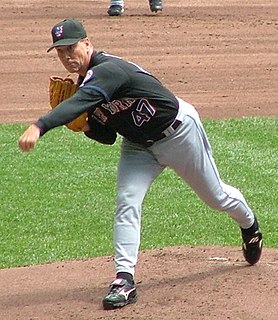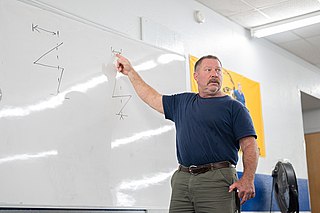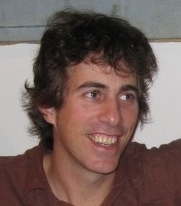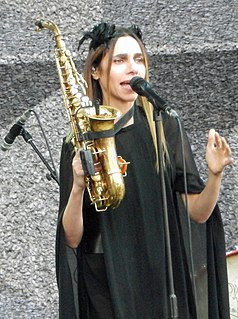A Quote by Robert Hass
When I applied to Stanford, I applied for graduate work in the PhD program, not to the creative writing program, mostly because though I had some vague ambition of becoming a writer and I was trying to write poems and essays and stories, I didn't feel like I was far enough along to submit work to some place and have it judged.
Related Quotes
I started writing the book without realizing I was writing a book. That sounds stupid, but it's true. I'd been trying and failing to make a different manuscript work, and I thought I was just taking a break by writing some short stories. I'm not a very good short story writer - the amazing compression that is required for short stories doesn't come easily to me. But anyway, I thought I'd try to write some short stories. And a structure took shape - I stumbled upon it.
What do you have in mind after you graduate?" What I always thought I had in mind was getting some big scholarship to graduate school or a grant to study all over Europe, and then I thought I'd be a professor and write books of poems or write books of poems and be an editor of some sort. Usually I had these plans on the tip of my tongue. "I don't really know," I heard myself say. I felt a deep shock, hearing myself say that, because the minute I said it, I knew it was true.
I started out in graduate school to be a fiction writer. I thought I wanted to write short stories. I started writing poems at that point only because a friend of mine dared me to write a poem. And I took the dare because I was convinced that I couldn't write a good poem... And then it actually wasn't so bad.
I never really set out to research any of these stories. I try to lead an interesting life though. I guess the closest I came to research was when I applied to work at the state mental institution in Austin, TX. I wanted to work the night shift like Ken Kesey did when he wrote One Flew Over the Cuckoo's Nest. I thought that might inspire me to write a book that great.

